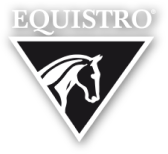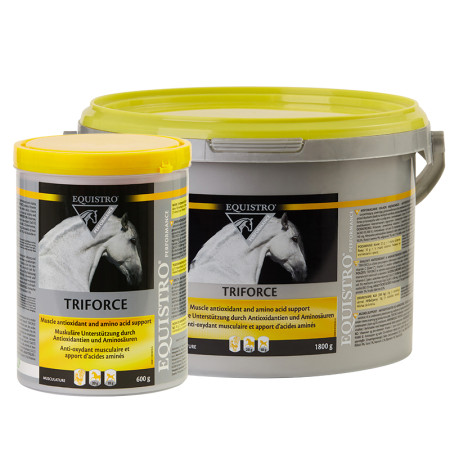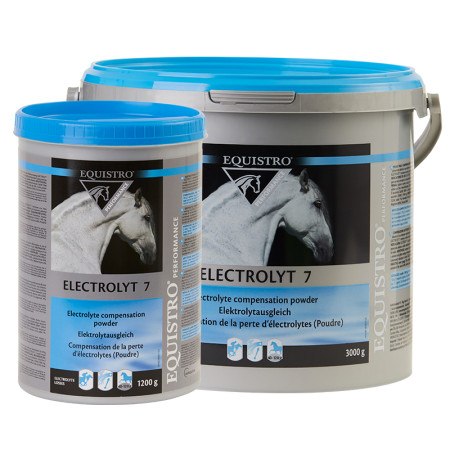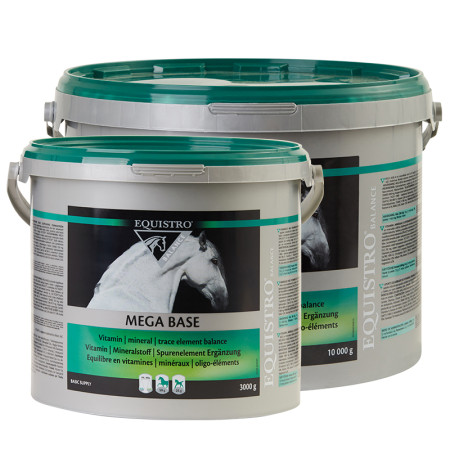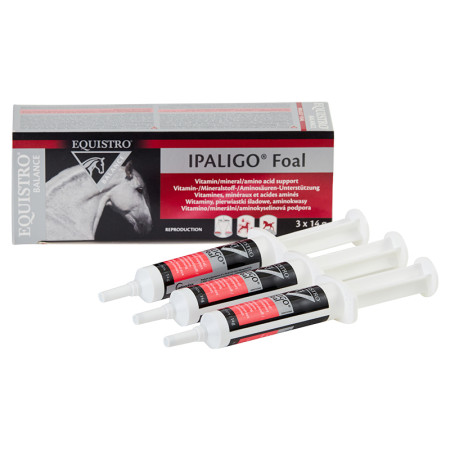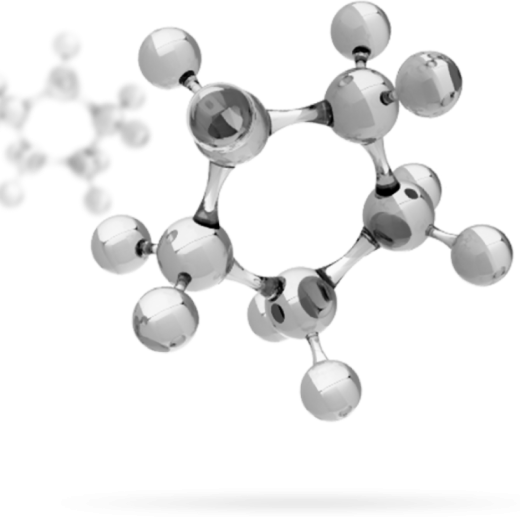
Vitamin C
Description:
Vitamin C is also known as ascorbic acid. There are different isomers of vitamin C, some have been shown to be better assimilated by the horse e.g. 6-Palmityl- L-ascorbic acid.
Function:
Vitamin C functions as a biological antioxidant within the redox system and as a cofactor for mixed function oxidases involved the synthesis of collagen, carnitine, bile acids and noradrenalin. So, vitamin C is required for the maintenance of normal connective tissue and in wound healing. Vitamin C is also necessary for bone remodelling.
Sources:
Derived from glucose in equine tissues.
Daily Requirements (NRC, 2007) :
Vitamin C is poorly absorbed from the diet. Horses not undergoing intense exercise programmes do not really need vitamin C from feed, daily requirements are assumed by endogenous synthesis. The same cannot necessarily be said for horses subject to oxidative stress (resulting from intense exercise and some disease conditions where antioxidant consumption increases).
Deficiency:
Scurvy is the classical vitamin C deficiency symptom, but it has not been reported in horses.
Excess:
Have not been observed in horses.
When problems may occur ?
Some authors have reported a relationship between decreased blood ascorbic acid concentrations in horses and several diseases, including post-operative and post-traumatic wound infections, epistaxis, strangles, acute rhinopneumonia, and performance insufficiency.
